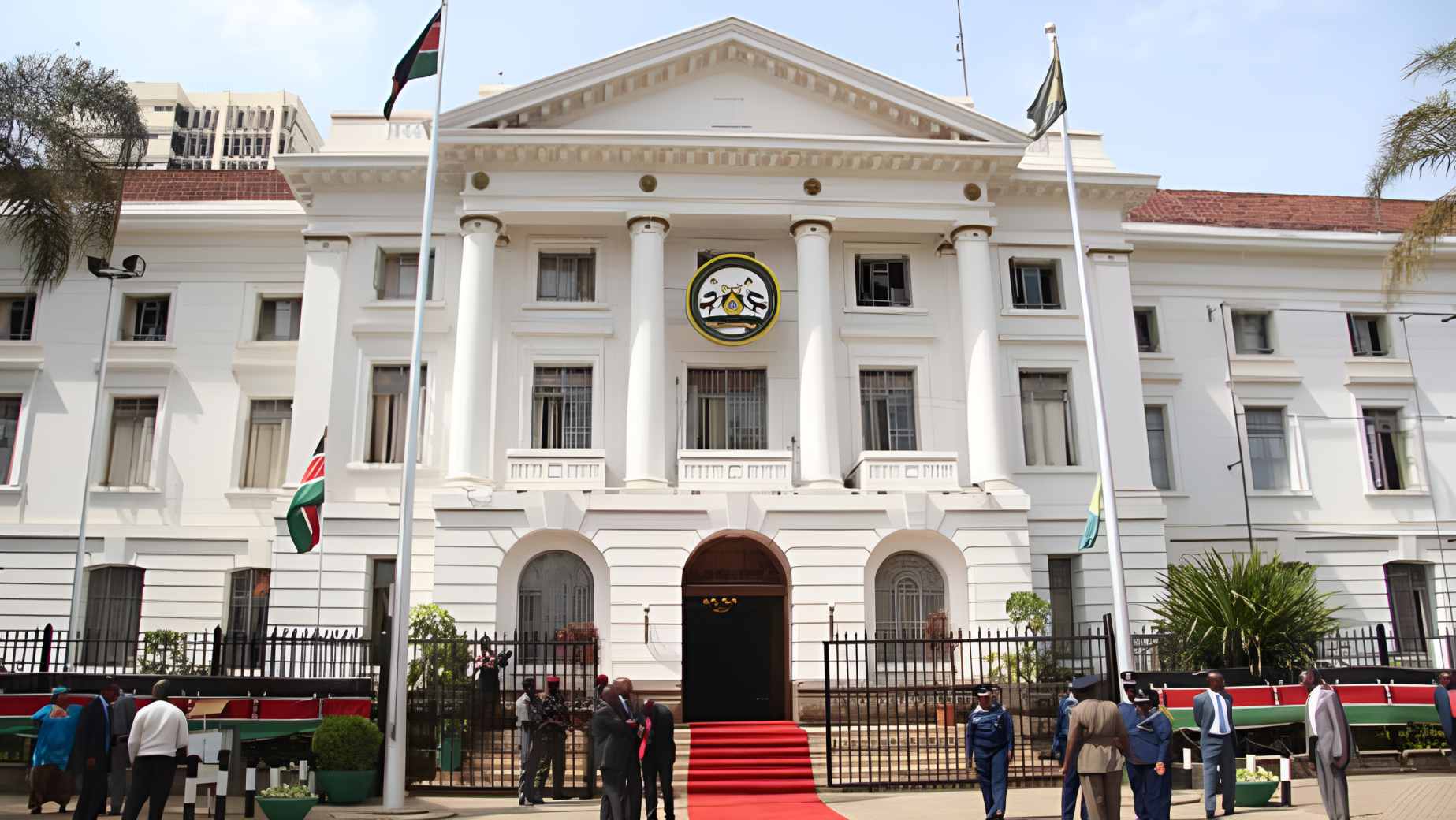Nairobi County targets matatu congestion with new route limits, cashless fare rules

The county also plans to designate official pickup and drop-off points and ban matatus from picking passengers at petrol stations.
City Hall has introduced new draft regulations that could drastically reshape how matatus operate in Nairobi by limiting the number of vehicles allowed per route, enforcing the use of cashless payments, and regulating fare pricing.
The Nairobi City County Permit to Operate Regulations, 2025, give the County Executive Committee (CEC) for Public Transport and Mobility the power to determine how many permits will be issued per route, guided by annual demand assessments and the need to reduce congestion.
The county also plans to designate official pickup and drop-off points and ban matatus from picking passengers at petrol stations or lingering at terminals beyond 40 minutes.
According to the regulations, operators will only be allowed to adjust their fleet size within a 10% margin of the authorised capacity without special permission.
If no demand report is published in a given year, population growth will be used as the standard for estimating route needs. All matatu Saccos and companies will be required to apply for five-year permits to operate.
The county, however, has not revealed how much the permits will cost.
The rules also require that all operators implement a cashless fare system, complete with fare machines installed in the vehicles.
Each Sacco will be required to submit a detailed fare table before getting a permit. Fares must reflect pricing differences based on time of day, day of the week, and whether passengers are standing or seated.
Infants seated on laps and school-going children in uniform will be allowed to travel free of charge within the county. The county says private sector partnerships will play a role in implementing the changes.
At the designated terminals, matatus will not be allowed to tout, loiter, or use intermediaries to solicit passengers.
Passengers must queue to board, and conductors or drivers who break the rules face fines between Sh50,000 and Sh100,000, as well as possible revocation of operating licences.
Permit applications will be vetted by a technical committee.
The county can reject an application based on bankruptcy, licensing status under the Traffic Act, route congestion, or lack of infrastructure.
But the proposed changes have drawn sharp criticism.
During a public participation forum at Greenpark Terminus, matatu operators accused the county of making unilateral decisions and ignoring stakeholder input.
Joseph Kagai of Sowetam Travellers Sacco said, "How will the county determine the number of operators on a certain route? What will happen to the other buses? This is interference. We urge the county to vacate all these regulations and work with us to develop new ones."
Wilfred Bosire, Secretary General of the Mass Mobility Operators Association, added, "We have not been involved at all. Gone are the days when policies were made in boardrooms. We want inclusive participation. Let there be a joint committee with Sacco representatives to draft fair regulations."
But in defence of the proposals, Moses Kuiyaki, Director of Mobility at City Hall, said, “We want to introduce standards and ensure fairness in the issuance of permits.
We’ve had cases where matatus are blocked from operating without clear reasons. We need a transparent system that also allows for new routes.”
